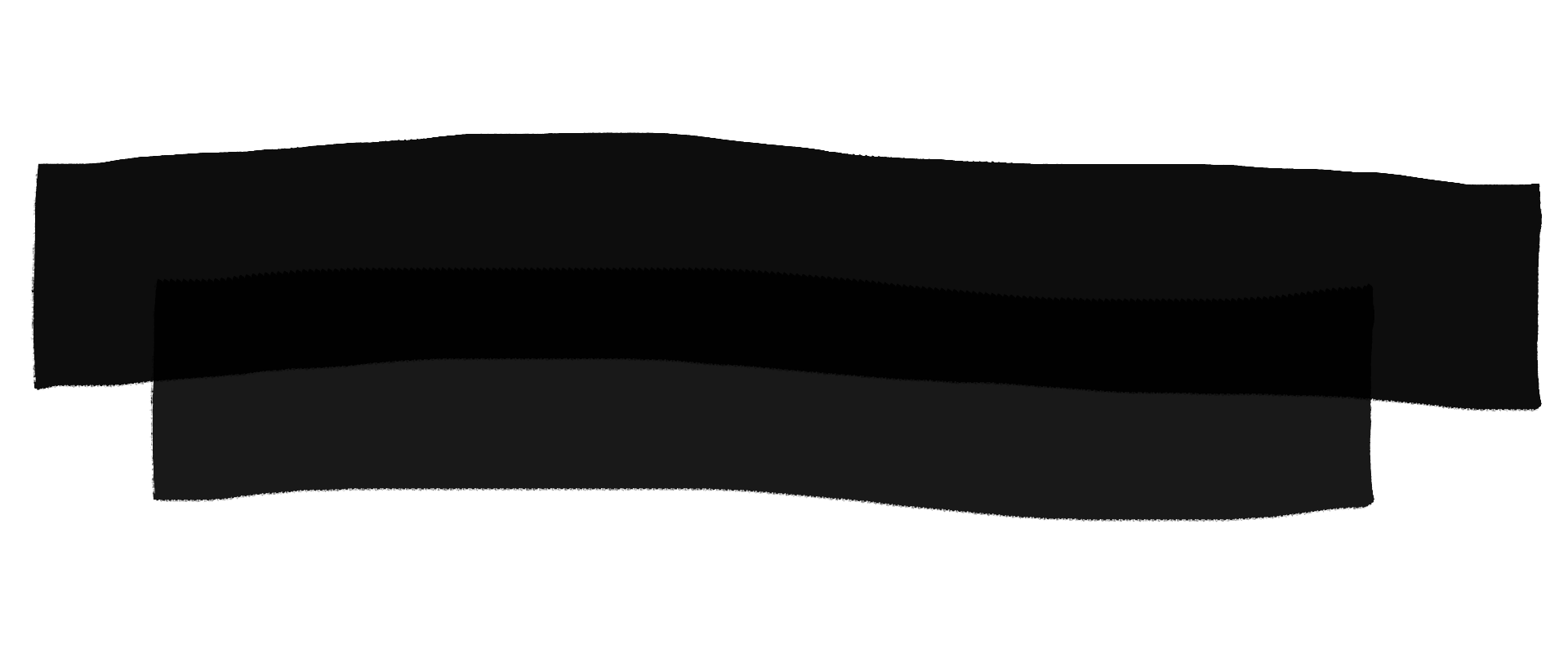
They complained of empty pantries and padlocked refrigerators , of children who lived in rodent-ridden homes and ate cereal crawling with ants. One caller described a girl’s face and body covered in sores , dripping fluid down her arms that stuck to her clothes. Another caller alleged that a group home staff member gave a gay foster child literature that called for the execution of homosexuals.
“Like everything else in child welfare, determinations of ‘abuse’ and ‘neglect’ are arbitrary, capricious and cruel,” said Richard Wexler, executive director for the National Coalition for Child Protection Reform.
There is no federal standard for what constitutes abuse, leaving each state to craft its own criteria. Narrow definitions can lower the number of abuse investigations, Wexler said.
As USA TODAY’s six-part series revealed, state lawmakers rewrote rules in 2014 to make it easier to seize children from their parents, but they had no plan for where to house the growing numbers. As a result, caseworkers placed kids in dangerously overcrowded homes and with foster parents who later faced civil or criminal charges of sexual assault and torture. Nearly 200 boys and girls were sent to live with foster parents on whom the state had some evidence that abuse had occurred.
USA TODAY requested foster parent disciplinary records in 2019, but DCF officials and executives in charge of nonprofit groups that run the child welfare system on the local level either denied access or demanded tens of thousands of dollars in search and copy fees.
In January, a government official who asked not to be identified provided reporters with foster parent reprimands, license revocation notices and a spreadsheet of 4,300 abuse hotline complaints involving foster and group homes. USA TODAY spent six weeks reviewing the documents.
The review shows:
- The number of foster care referrals filed against foster parents, group homes and guardians rose by roughly 54% over the past five years, from fewer than 700 complaints in 2015-16 to more than 1,000 last year.
- DCF revoked or refused to renew only 29 caregivers’ licenses over the same five-year period, records show, and USA TODAY was provided with just 58 corrective action plans in which foster parents agreed to take training courses and accept additional monitoring to retain their licenses.
- DCF policy expressly forbids cruel and unusual disciplinary methods as well as corporal punishment, which includes spanking, hitting, slapping, pinching or shaking. It’s not clear that DCF is enforcing that policy, given the small number of cases that end in official action. At least 15% of the foster care complaints – involving more than 750 children – accused caregivers of such methods . Others reported physical abuse: One caller said that when a child left Florida to be adopted in 2016, she had visible injuries on her torso from being kicked in the stomach by her foster mother.


- Children and others accused foster parents in more than 100 cases of molestation and violating kids’ personal space or privacy, watching them as they showered or changed clothes. Callers made 65 complaints that caregivers did not adequately supervise sexually abused children to ensure they did not abuse other kids. These, too, were labeled as potential license violations.


- Though the agency pays foster parents to keep kids safe and provide for their needs, more than 800 foster care referrals feature some form of neglect . A Leon County girl said she prostituted herself via internet ads to earn money “because she stated she isn’t provided with enough food and clothes in the foster home.”


Given two weeks to answer detailed written questions about the allegations, including how many were confirmed and whether DCF had taken action not reflected in documents made available to USA TODAY, the agency did not respond. Documents obtained by USA TODAY do not indicate how DCF followed up on the thousands of complaints concerning children, except that they were considered serious enough for additional scrutiny.
After reviewing 25 randomly chosen complaints, Wexler said at least 16 would have constituted abuse or neglect if they had been made against biological parents. In seven of them – had they been verified – the children would have been removed on the spot. It’s not clear from DCF’s records if any of these complaints were among the fewer than 100 cases that resulted in documented action against foster caregivers.
“If they are classifying these as mere referrals, then it reveals a dangerous double standard concerning what constitutes abuse by a birth parent compared to what a foster parent is allowed to do,” Wexler said.
Other child experts and dependency court attorneys who reviewed the documents confirmed that the complaints were representative of the kinds of abuse and neglect that would get children removed from their biological parents.
“This is stuff kids tell you about when foster homes are really bad,” said Robert Latham , a child advocate and clinical instructor at the University of Miami’s law school.
Even critics of Florida’s child welfare system acknowledge that foster parents, asked to care for troubled children with financial support amounting to just $15 a day per child, face a daunting task.
Before entering state care, about 15% of children had been physically or sexually abused, according to Child Trends , a Maryland-based child research group. Many live with autism, attention-deficit hyperactivity disorder (ADHD), post-traumatic stress disorder, depression or schizophrenia. Still others are nonverbal, developmentally delayed, incapable of feeding themselves and in need of constant care and supervision.
The records USA TODAY obtained describe children who screamed for hours, threw tantrums , smashed windows and destroyed home decor. One alleged a child hurled a hot iron at a foster mother. Another reported that a girl pushed her 6-year-old sister’s head into a wall and snatched a Taser from a police officer who responded to a call for help.
“The overwhelming majority of foster parents are good people who provide loving, caring homes for children in desperate need. And I am so grateful for those families,” said state Sen. Lauren Book, a Plantation Democrat who chairs the Children, Families and Elder Affairs Committee. “But when it comes to children’s lives, we simply cannot settle for an ‘overwhelming majority’ – we need to do more to make sure that children in the system are in safe homes ... period.”
During a meeting in January with the committee in Tallahassee to discuss USA TODAY’s Torn Apart series, DCF Secretary Chad Poppell acknowledged that his agency had done a “bad job” caring for kids.
“I won’t belabor the point, the quality of the work was poor,” Poppell said. He promised to establish specialized teams to investigate foster care abuse allegations and to review the agency’s decisions in those cases.

Poppell has since resigned, and Shevaun Harris was named to fill the position. Harris did not comment for this story. Instead, DCF released a statement noting that over the past two years, it has strengthened its oversight of the child welfare system and that Florida has seen a general decline in the rate of abuse and verified maltreatments in out-of-home care since 2015.
“Often the cases that are written about in the news are not the norm,” DCF said. “Our child welfare leaders have been working to bring meaningful change to the child welfare system and the care children receive. Any narrative indicating otherwise is simply false, and ignores the truth of what has been unfolding across the state.”

System favors foster parents
Abuse investigations start with a phoned, faxed or online report of suspected harm to the Florida Abuse Hotline. A hotline counselor speaks with callers, reviews submitted information and decides whether the allegation of abuse, neglect or abandonment is serious enough to warrant a child protection investigation.
If there is an allegation involving foster care that the counselor does not believe rises to DCF’s criteria for serious abuse or neglect, the counselor has the option of classifying the complaint as a referral – a potential foster license violation, according to DCF. Referrals can grow into abuse investigations. But for the most part, licensing specialists or caseworkers, not child protection investigators, handle referrals.
In at least four counties, the same case manager assigned to complete regular visits to the foster home where the abuse reportedly occurred is often dispatched to investigate the allegation, former DCF attorney Lisa Dawson-Andrzejczyk said.
“The vast majority of case managers are good and dedicated and appreciate the seriousness of their job, but you’re going to have some who didn’t do the home visits, or they visited the child at school and called it a home visit,” Dawson-Andrzejczyk said. “They have every reason to not want to acknowledge that there’s something they might have missed.”
When the department investigates foster care referrals, Wexler said, “DCF is, in effect, investigating itself – since it was DCF whose actions put the child into foster care in the first place.”
Every state has its own criteria for serious abuse. DCF’s child maltreatment guidelines say that failing to provide children with clean clothing , treat their cavities , give them ADHD medicine or pick them up from school on time is not always neglect if it doesn’t create a safety or health threat. Though corporal punishment is prohibited, the agency does not necessarily consider it physical abuse .
So although an emotionally disturbed Miami-Dade girl reportedly came to class dirty and hungry at least three times a week in 2018, wearing ill-fitting sneakers and a jacket with a hole, that was not automatically neglect. When emergency room personnel complained that caregivers dropped off kids and did not return and schools reported foster parents refused to pick up students, or even answer phone calls, that was not necessarily abandonment.


DCF classifies such complaints among less urgent issues that a licensing specialist can assess and help resolve, in some cases, with a corrective action plan. The number of these reports that DCF does not consider abuse or neglect – despite the serious allegations some contain – has surged over the past five years. But records supplied to USA TODAY show licensing revocations haven’t.
The department confirmed “some indicators of abuse” in one Miami foster home as early as 1996 and 2000. Both times, child welfare agencies greenlit the Miami pastor and his wife for relicensing, records show .
In July 2013, a 5-year-old being watched by the foster mother was reportedly sexually molested. Two months later, a former foster child said the couple’s adopted son had repeatedly raped him “for years.”
DCF did not revoke the foster license this time either.
Instead, caseworkers implemented a corrective action plan: The couple could have just one young foster child. Their adopted son could still be around other children as long as he was carefully supervised.
The foster mother was angry about the accusations, believing her adopted son incapable of the actions attributed to him, the documents say, but she accepted the corrective plan.
When asked for disciplinary actions taken against foster parents over the past five years, DCF provided just 29 license revocations and 58 corrective action plans. It declined to say whether that was the full extent of corrective action plans implemented during the period.
A system desperate for foster parents will let a lot of things slide, said Neil Skene, who served as DCF’s special counsel from 2008 to 2010 and chief of staff at the Illinois Department of Children and Family Services from 2015 to 2017.
Rather than confront foster parents and close foster homes, DCF and its private contractors can sideline caregivers in other ways.
Via PakapNews